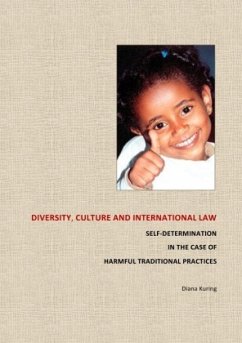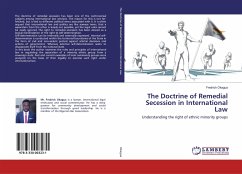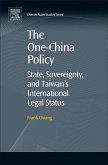This book offers a closer look at female genital mutilation (FGM) in relation to self-determination and provides definitions, coverage and specificities in the Eritrean situation whereby context, consequences and explanations by those immediately affected are highlighted.FGM is indeed a complex phenomenon whose multiple dimensions influence not only the state's understanding of itself but also international law engagement at the level of the United Nations. To clarify this multi-faceted practice, I elevate contemporary international debates focused on diversity and gender to the center of analysis while not losing sight of Eritrea's concrete situation. The argument from human rights as it influences debates and approaches will also be considered.To date, campaigns have shown some but limited success. Why? If we are to end the practice, a multi-dimensional approach is essential, but too often short-term strategies based on incomplete analyses appear to be guiding activists.
Bitte wählen Sie Ihr Anliegen aus.
Rechnungen
Retourenschein anfordern
Bestellstatus
Storno








